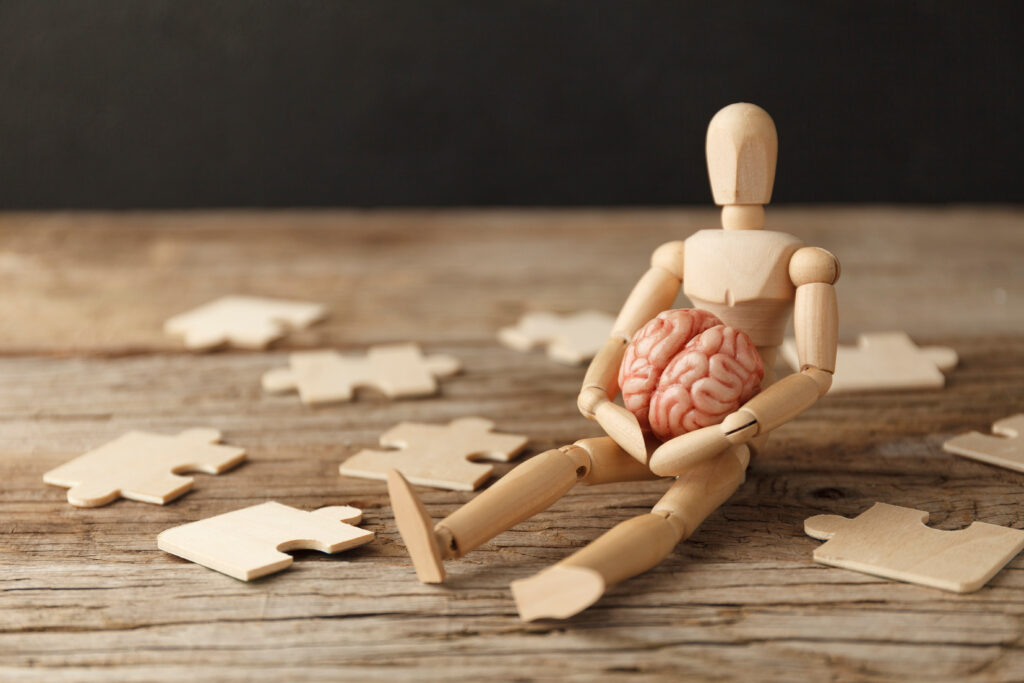Hi, I'm Palme School, today we're going to discuss the phenomenon of nostalgia and why we long for our homeland.
- The backstory.
- What is the essence of nostalgia.
- Why do we need this mechanism?
- Why we long for our homeland.
- The reading time is 4 minutes.
A bit of background

From the Greek, "nostalgia" is a longing for the homeland, although it is now confused with a general longing for the past. The New Oxford Dictionary defines it as "sentimental longing for the past".
Homesickness first appeared in Homer's Odyssey, but the term itself was coined by Swiss physician Johann Hoffer in 1688 when he studied the illnesses of Swiss soldiers serving away from home. Interestingly, the soldiers recovered when they returned home.
What is the essence of nostalgia?
In the twentieth century, sociologist and psychologist Maurice Halbwachs suggested that longing is not related to objective events of the past, but to subjective evaluation and errors of consciousness. This is probably why we sometimes miss even terrible periods of life.
Why do we need this mechanism?


When we move, we face loneliness, learning new routines and mentalities, and fatigue.
Researchers at the University of New Jersey conducted a study on nostalgia and how it relates to loneliness. (Masi et al., 2011;Cacioppo et al., 2015)
It turns out that nostalgia is a mechanism that regulates negative thoughts and helps you set goals. And by its very nature, it is more of a positive construct.
Thus through nostalgia we protect ourselves from loneliness in favor of a lust for life.


So why do we long for our homeland?
In short: because we loved her so much.
If complete: nostalgia consists of different mental mechanisms. All of them are aimed at survival and good mood.
Mechanism 1. Attachment.
Breaking up with your homeland is like breaking up with a romantic partner.
But the concept of "home" is abstract, so saying goodbye is many times harder.
Mechanism 2, 3, 4, etc. Substitution, Projection, Sublimation and other defense mechanisms of the psyche come in.
This is how we protect ourselves from saying goodbye and moving on if there are no resources to process the complex clump of emotions.
It's important to remember that it's okay to be homesick.
But the insidiousness of nostalgia is idealizing the place you lived in. Our memory is complex, and scientists have not yet determined which memories our brains focus on more.
It is also useful to remember the homeland, it influences self-identity and can serve as a support in a new country and difficult situations.
Mechanism 5. Adaptation.
Here's what psychologists recommend:
- Long for it, but identify the parts of the home you miss.
- Plant flowers, watch Soviet cartoons, cook national dishes - do anything that will bring you closer to home.
- Preserve and pass on culture and traditions to your children.
- Seek out a community of fellow countrymen, stay in touch with loved ones.
More interesting stuff on our blog







